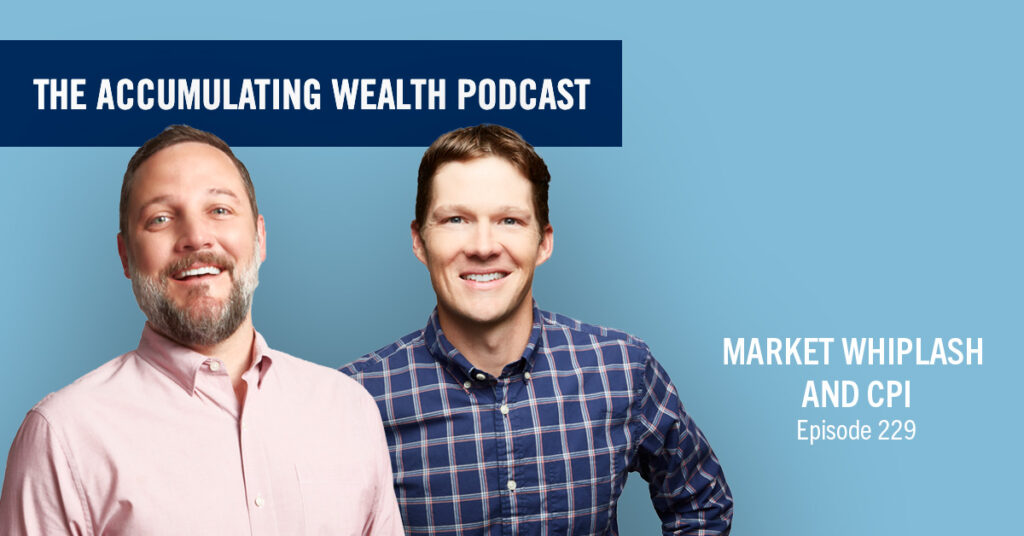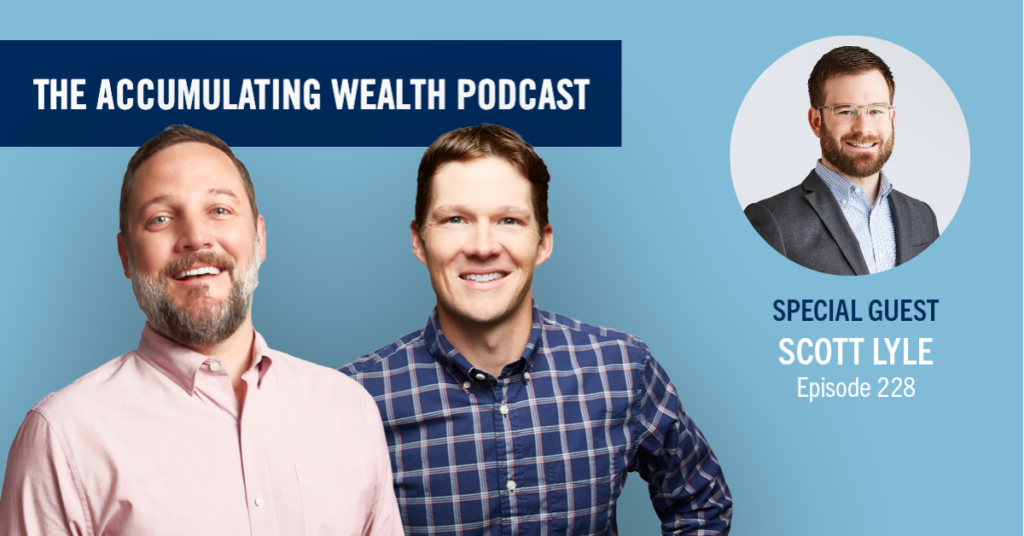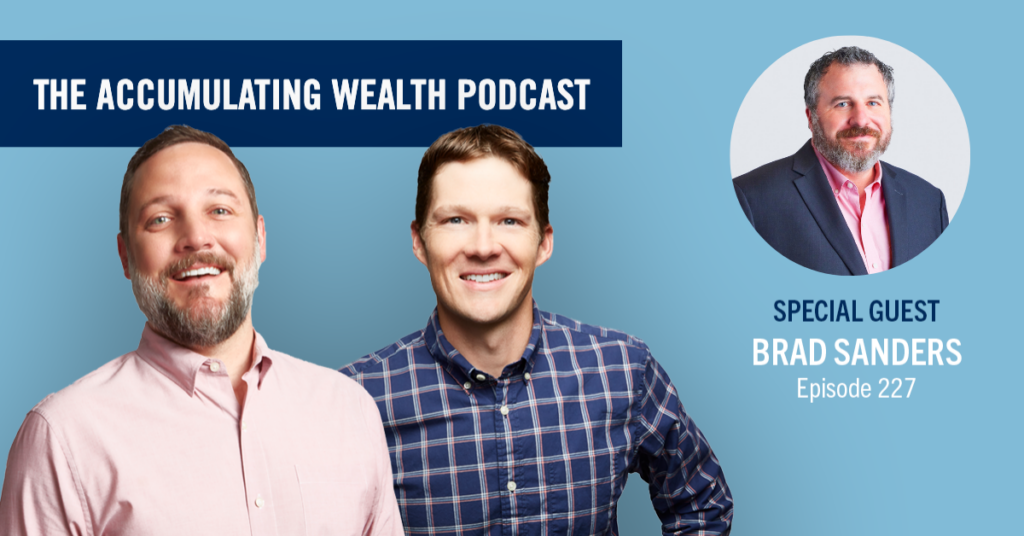The key to the puzzle may not be what you think
Key takeaways
- Student debt is useful debt and can help you generate income throughout your lifetime.
- You do not have to pay off student debt immediately or on an artificial timeline.
- Your debt paydown strategy should be part of your larger financial plan.
For most people, taking out student loans to pay for dental school is a required step in becoming a dentist. Last year, 83% of dental students graduated with debt. What is the average size of student loan debt for a dental school graduate? $286,000.
That is a daunting number. More than 70% of dental school graduates have a federally backed student loan. Standard loans have a repayment period of 10 years; however, given the size of dental school debt, it may be extended to 25 or 30 years for dental school loans.
CWA Partner Charles Loretto has been working with dental school students and new doctors nationwide for the past 20 years and understands the burden student loans can have on doctors.
“My colleagues and I have watched dental school and education costs grow at an astonishing clip in the past few years,” says Charles. “Coming out of school, it’s common for people to alter their career decisions because they are focused on a short-term goal of paying off a loan versus getting a head start on their long-term goals.”
The rise in student loan debt is one of the most significant challenges for a new doctor. It’s not uncommon to meet recent graduates with loans that exceed $500,000, with interest at 7% or more. New doctors and residents almost always start their careers by working for several years while paying down burdensome debt.
With student debt looming and promises of signing bonuses and a predictable work environment, we can see why many young dentists find the corporate dentistry route appealing. A good salary to start paying down debt is hard to pass up.
What young dentists may not understand about their seemingly simple and straightforward strategy is that it may ultimately have a negative impact on their financial future, and consequently, on their ability to own their own practice. It’s vital that new doctors understand how their debt decisions can affect their future. Because the wrong post-graduate choices can cost millions of dollars in the long run.
So, what is the secret to not only paying off your student debt but also paving the way for a financially flexible and secure future?
Spoiler Alert: It involves paying the minimum amount on your student loan debt and saving as much as possible to invest in yourself – and owning your own practice.
“Student debt is there to help you generate income throughout your lifetime,” Charles says. “It is not designed to have to be paid off immediately or on some artificial emotional target.”
Some business owners might be able to pay off their student loans entirely and eliminate this monthly expense before it starts. However, this might not be the best use of their hard-earned cash.
Student debt can be viewed strategically as useful debt. This means that carrying the debt with you by paying the minimum monthly payment may work out to your benefit in the long run.
You may have other debts with higher rates or that have a bigger impact on important things like your credit score. This is where your debt paydown strategy as a part of your larger financial plan should help guide you.
So, how does a young doctor get on the right path? We’ve summed it up in six steps:
1. Get out of school and find a busy private practice to hone skills and increase production.
As an associate, think of how to own and constantly position yourself to find a practice opportunity for ownership. During this time, pay the minimum amount on your student loans. The goal is to save as much cash as you can to look good to a lender.
2. Invest in professional growth.
Take CE, network, create relationships and soak up knowledge about both dentistry and running a business.
3. Secure a practice ownership opportunity.
This can be through entering a partnership, or buying a walk-away practice, or even creating a start-up, but the goal is to own something two years after graduation or at the completion of residency. Don’t underestimate the importance of marketing yourself to established practices during this step.
4. Invest in that practice.
Market and grow the practice to the point where you are extremely busy and make it lean, reducing the overhead as much as possible.
5. Set up a financial plan.
Proactive tax planning and strategic pension planning are the keys to your financial future. This is the perfect time to hire a CPA who can help you navigate your current career situation and your future financial ambitions. Remember, compounding interest and saving early is the key to success.
6. Pay yourself.
Not all debt is created equal. Student loans are arguably in the good debt category, and as long as you keep up with your payments, they do not have to work against you. Now that you own the practice and receive the benefits of ownership, you make more money. It’s the perfect time to refinance your student debt and start paying it off quickly. You are now at the place in your life where you can have more money to pay toward debt while still investing and living.
“The key to this puzzle is not who gets out of debt first,” Charles reminds, “but who ends up with the most flexibility financially allowing them to maintain their standard of living long into retirement.”
Listen to Charles discuss tackling student loan debt in this episode of NDP’s Transition Talk Podcast.














